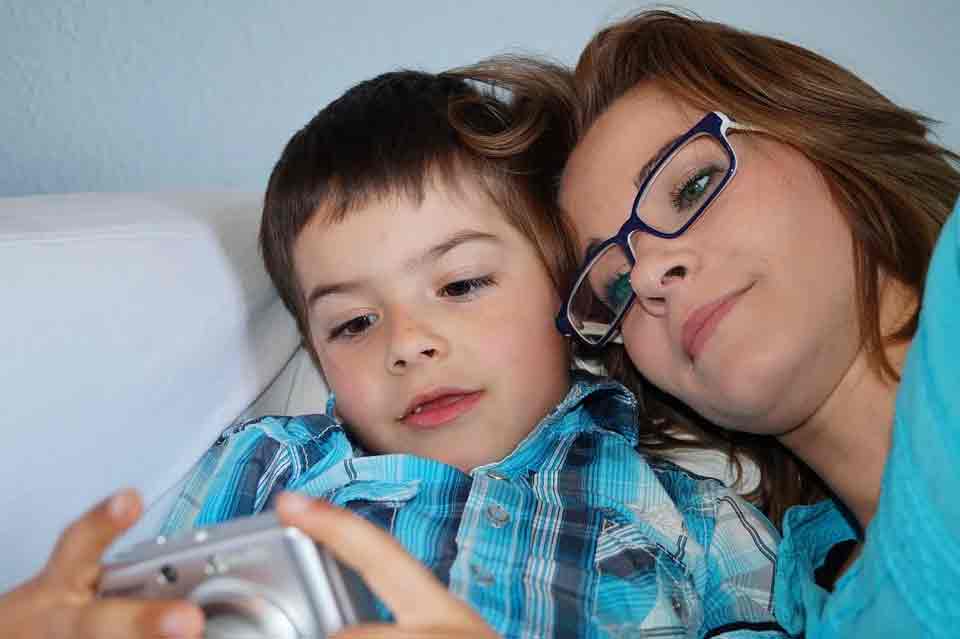In pandemic situations such as the raging coronavirus disease outbreak, it is common to have a considerable degree of worry, fear, and concern especially among certain groups such as children, people with mental health disorders, and senior citizens. It may have a psychological impact and can result in elevated rates of stress or anxiety. Experts believe children are at higher risk of emotional trauma because of community distress caused by the COVID-19 pandemic.
According to the World Health Organisation (WHO), children may respond to stress in different ways such as being more anxious, clingy, angry, withdrawing, or agitated, bedwetting, etc.
As part of its public health response, WHO has developed a set of new materials on how to give psychosocial support to children to cope with stress during such testing times. Let’s have a look at them:
- Give them extra love, care and attention and be more attentive towards them. Also, listen to your child’s concerns and respond in a supportive way.
ALSO READ | COVID-19: As Lockdown Eases, How Safe We Are?
- Children need more love and attention of adults during difficult times. Try to give them extra time. Remember to listen to your children, speak kindly, and reassure them. Try to find out opportunities to play and relax with the child.
- Try and keep children close to their parents and family and try to avoid separating children and their caregivers as much as possible. If separation occurs (for example in case of hospitalization) ensure regular contact (via phone and video call) and re-assurance.
- Keep to regular routines and schedules as much as possible, or help create new ones in a new environment, including school/learning as well as time for safely playing and relaxing.
- Provide facts about what has happened, explain what is going on now, and give them clear information about how to reduce their risk of being infected by the disease in words that they can understand depending on their age. This also includes providing information about what could happen in a re-assuring way (e.g. a family member and/or the child may start not feeling well and may have to go to the hospital for some time so doctors can help them feel better).











